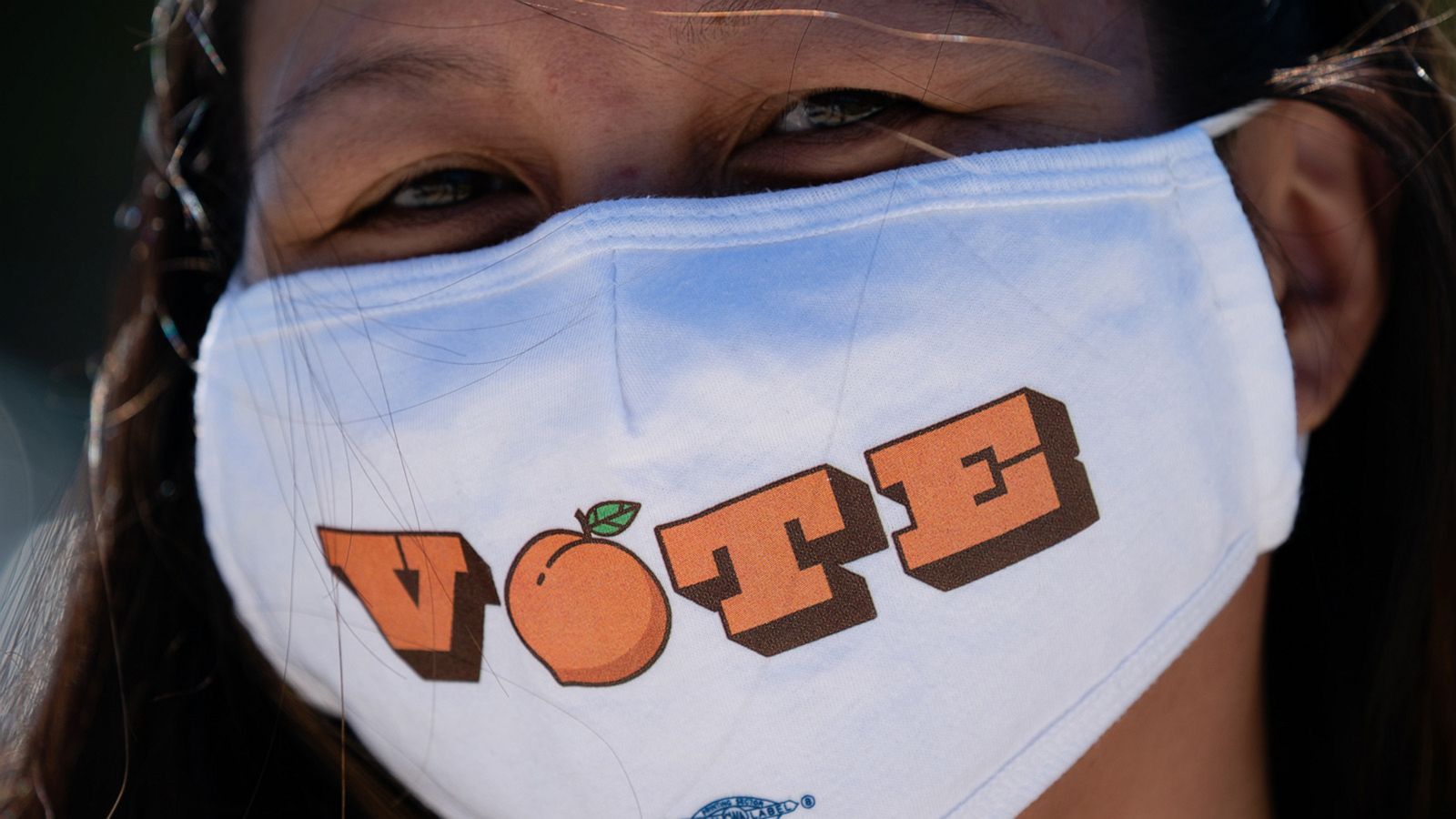More Republicans Distrust This Year’s Election Results Than Democrats After 2016
Poll(s) of the week
President Trump’s refusal to accept the outcome of the election has sown distrust in the election, especially among Republicans.
According to a new Monmouth University poll, about three in four Republicans now doubt the fairness of the 2020 presidential election, even though there is no evidence that the electoral process was compromised in a way that could affect the outcome. And as you can see in the chart below, distrust among Republicans has skyrocketed since Election Day.


Monmouth isn’t the only pollster to find very high levels of distrust among Republicans, either. A YouGov/Economist poll this week found that 73 percent of Republicans had little or no confidence that the election was conducted fairly and a Morning Consult/Politico poll found that 67 percent of Republicans thought that the 2020 election was either “probably” or “definitely” not free and fair.


It’s important to stress that all three pollsters did find that a majority of Americans accepted the results — roughly 6 in 10 — but what is worrisome is that only about 4 in 10 said they were very confident that the election was conducted fairly and accurately.
This is troubling, because as my colleague Perry Bacon, Jr. wrote earlier this week on Trump’s refusal to concede, there are now very real questions about American democracy and whether it will remain intact.
[What Trump’s Refusal To Concede Says About American Democracy]
This, of course, isn’t the first time Trump has tried to sow doubt in the democratic process. Before and after the 2016 election, Trump falsely claimed that millions of undocumented immigrants were going to vote in the election, or that “people that have died 10 years ago are still voting,” even though there was never any evidence that these claims were true. And, as was the case ahead of the 2016 election, Republicans once again were more likely than Democrats to believe these fraudulent claims as they went to the polls.
The key difference between now and 2016, though, is that after the election, a majority of Republicans are still unwilling to accept the result. That wasn’t true of Democrats in 2016.
In 2016, both parties trusted the election results
Share of voters who were confident that votes across the country would be or were counted accurately, before and after the 2016 election
| Pre-election (10/15/16) | Post-Election (1/28/17) | ||||
|---|---|---|---|---|---|
| Population | confident | not confident | confident | not confident | Diff. |
| All | 66% | 30 | 67% | 26 | +1 |
| Democrats | 84 | 14 | 65 | 28 | -19 |
| Independents | 53 | 37 | 61 | 28 | +8 |
| Republicans | 56 | 41 | 73 | 22 | +17 |
Lest we think that Republicans are the only ones susceptible to having their view of the electoral process colored by the outcome, polling shows that some Democrats did lose confidence in the election after Trump won in 2016. Nevertheless, a majority of Democrats (as well as Republicans and independents) believed that votes were counted accurately after the election was over. So the finding in this latest round of polls, that roughly three in four Republicans don’t have faith in the electoral process, is a big departure from what public opinion polls found after the last election.
[What Blue And Red ‘Shifts’ Looked Like In Every State]
It’s hard to know what this means for American democracy — Biden’s claim to the presidency doesn’t seem to be in real jeopardy — but these first few post-election polls lay bare the consequences to sowing disinformation in America’s electoral process.
Other polling bites
- The presidential election might be over, but polls for Georgia’s two U.S. Senate runoff elections — which are scheduled for Jan. 5 and will decide which party controls the chamber — have already started to trickle in. Since Election Day, we have gotten two polls, one from Remington Research Group and another from InsiderAdvantage, that show the races could be close. The polls, both from right-leaning pollsters, show that the special election between Democrat Raphael Warnock and Republican Kelly Loeffler could be a toss-up, with the candidates virtually tied. A third poll of just the special election runoff, which was sponsored by a Republican PAC, shows Loeffler slightly ahead. In the other race, the Remington poll shows incumbent Republican Sen. David Perdue leading his opponent, Jon Ossoff; the InsiderAdvantage poll shows that race tied. But these are just the first of many more polls to come, so be sure to keep an eye on our database of polls between now and January for a more rounded look at the polling.
- 58 percent of Americans said they would get a COVID-19 vaccine if an FDA-approved vaccine was available right now, according to a Gallup poll conducted in late October. Willingness to get vaccinated had dipped in September due, in part, to a sharp drop in support among Democrats, but now the share of Democrats willing to get vaccinated is bouncing back, while the share of Republicans and independents willing to get vaccinated has stayed constant.

![]()
- A HarrisX poll released on Tuesday found that 77 percent of Americans thought that Congress should pass a coronavirus relief package as soon as possible, while 23 percent said one is not needed because the economy is bouncing back on its own. This includes a majority of Republicans (64 percent) and Democrats (89 percent).
- A SurveyMonkey poll conducted earlier this month found that 37 percent of Americans planned to celebrate Thanksgiving with friends or family from outside their household. And according to a survey from The Ohio State University’s Wexner Medical Center, while a majority of Americans do plan to follow precautions to prevent the spread of COVID-19 as they celebrate the holidays, not everyone seems keen on following the CDC’s guidelines: 38 percent said they will likely attend a gathering with more than 10 people. Another third said they will not ask their guests to wear masks, and 27 percent said they’re unlikely to follow social distancing by staying six feet apart before and after dinner.
- Romanians go to the polls on Dec. 6 to elect a new parliament. And polls show that the Social Democratic Party, a populist left of center party that swept the country’s 2016 elections with 46 percent of the vote and won more seats than any other party, is slated to lose seats this year. The party, which initially ruled as part of a coalition government but lost control after a no-confidence vote amid corruption scandals and protests, was replaced by a coalition led by the more centrist National Liberal Party. According to Politico’s average of polls, the National Liberal Party, which received only 20 percent of the vote in 2016, leads with 32 percent of the vote, followed by the Social Democratic Party at 27 percent. Several other parties trail in the polls with 15 percent of the vote or less.
Trump approval


According to FiveThirtyEight’s presidential approval tracker,1 44.3 percent of Americans approve of the job Trump is doing as president, while 52.4 percent disapprove (a net approval rating of -8.1 points). At this time last week, 44.6 percent approved and 52.3 percent disapproved (for a net approval rating of -7.7 points). One month ago, Trump had an approval rating of 42.7 percent and a disapproval rating of 54.1 percent, for a net approval rating of -11.3 points.


Source: https://fivethirtyeight.com/features/more-republicans-distrust-this-years-election-results-than-democrats-after-2016/